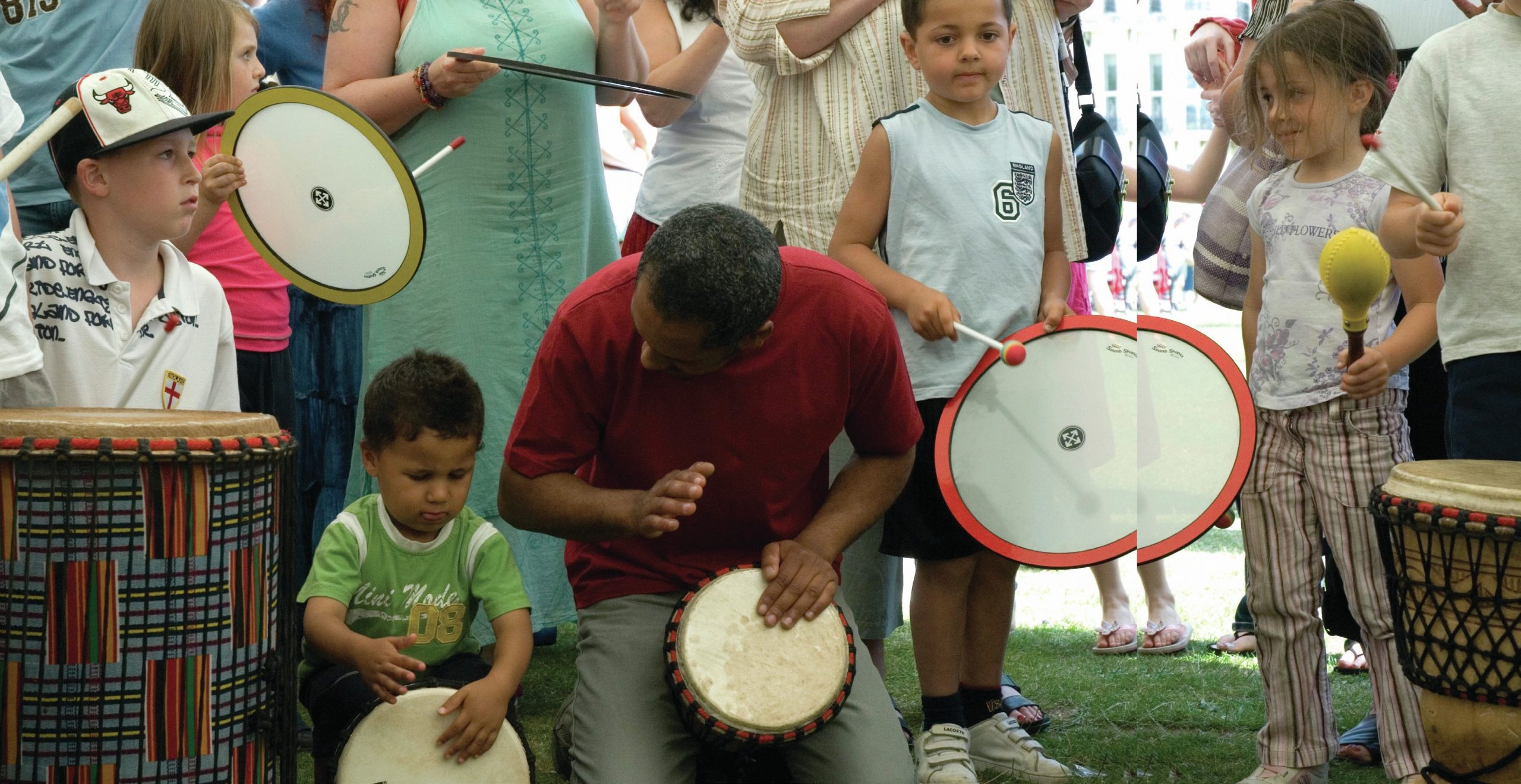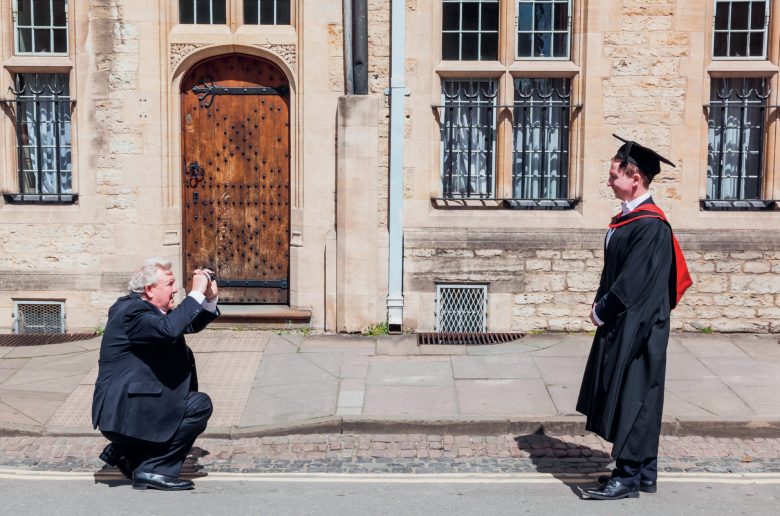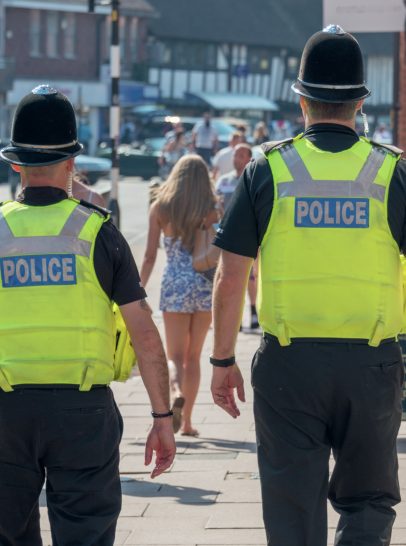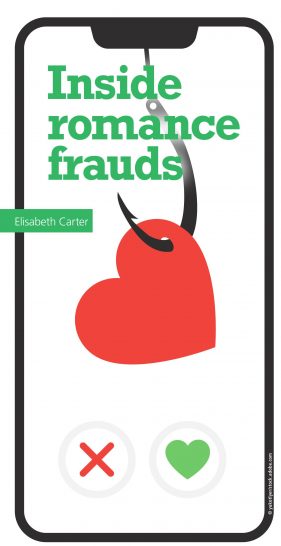
This interesting article shows the range of social phenomena that can be subjected to sociological analysis — in this case, music. John Street looks at how music can have an effect on both individual and collective behaviour, and how it has been linked to a variety of social movements. Music can be used to foster feelings of solidarity and to form a sense of collective identity. Using the example of black American jazz singers, he shows how the musical expression of the oppression of black Americans brought notice of their plight to white audiences both in the USA and elsewhere. You should use this article to think of other situations where music is used to powerful effect — for example, the fans’ ‘anthems’ at football matches, the mournful notes of the bugle at military funerals or on Remembrance Day, or even ‘flash mobs’ getting strangers dancing in the street or in railway stations. While this article will be of particular relevance to students taking the ‘Culture and identity’ option, its use of the sociological imagination should make it of interest to all students.
At the height of the anti-globalisation and anti-capitalism movement of the late twentieth and early twentyfirst centuries, there was a group called the Infernal Noise Brigade (INB). They were a musical collective dedicated to promoting political action, and could be seen — or more importantly, heard — at the demonstrations.
Your organisation does not have access to this article.
Sign up today to give your students the edge they need to achieve their best grades with subject expertise
Subscribe




